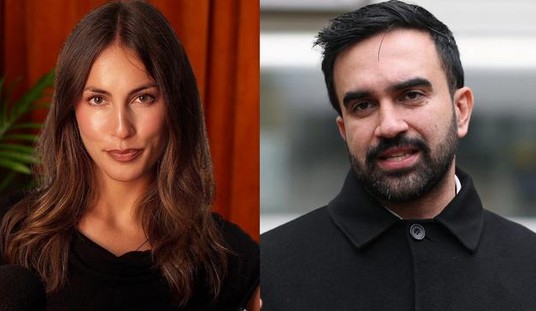A Democratic congressman said the credibility of the White House is on the line if it refuses to act on the red line it drew regarding Syria’s use of chemical weapons.
Rep. Adam Schiff (D-Calif.), a senior member of the House Intelligence Committee, has previously expressed reluctance to arm Syrian rebels or wade too far into the conflict — reluctance driven by his belief that “the mission wasn’t clear.”
“We weren’t going to provide enough weapons to make a difference on the battlefield, but we could very much be drawn into this civil war,” Schiff said on CNN.
“Here, though, I think we’ve always had a national security interest in deterring the use of chemical weapons and taking strong action against the use of chemical weapons. If this is confirmed, then I think the White House will have to act in concert with our allies, with NATO, with our regional friends. I don’t think we can allow repeated use of chemical weapons now, an escalated use of chemical weapons to stand,” the congressman continued. “If we do, it encourages the broader use of chemical weapons in other conflicts. And we have a core national security interest in making sure that doesn’t happen.”
Schiff was asked about the assessment of two of his colleagues, Rep. Eliot Engel (D-N.Y.) and Sen. Bob Corker (R-Tenn.), that action on Syria could happen soon and not necessarily with congressional authorization.
“I think it very well could happen soon. And I think that’s the message that the Assad regime already has, my suspicion is the reason they’re now willing to allow UN inspectors in, they think in the absence of doing that, that action could be imminent and this helps them buy some time,” Schiff said.
“I think, you know, the White House has drawn a red line. And in terms of the credibility of the White House, the cost of not acting now I think exceeds the cost of acting. But they have to be careful to do this in concert with our allies. They have to be careful to limit the scope of what they’re trying to achieve. they have to make sure they make it clear. This does not determine design to bring the regime down, that’s too big a mission, it’s designed to deter any use of chemical weapons by Assad or others. I think there will be bipartisan support for that. And I think that the cost of inaction now is too high if this is confirmed.”
He added that he doesn’t believe the White House will want to risk pilots’ lives with flights over Syria, so “that really limits our options to cruise strikes and think that’s probably where the White House is going to go.”
“I think there’s little danger that targeted cruise strikes are going to so destabilize the Assad regime that it would fall quickly, that would probably be too much to expect of that kind of strike. The bigger risk is actually that the strike won’t be significant enough to deter him. But I think it would. I think it could be very punishing. You wouldn’t go after the stockpiles, themselves, which only could disperse the chemical weapons, but rather go after his missile stock, go after some of his aircraft, go after his ability to deliver these weapons in the future,” Schiff said.
“…We can’t wait on the United Nations to act. The Russians will never allow that to take place, their national security interests are very different than ours. They will seek to make murky who was responsible for this. But I think we do have to act in concert with others and I think we can.”
U.N. weapons inspectors came under sniper fire today as they drove to the site. The Syrian National Coalition, Assad’s main opposition, said it would keep U.N. personnel safe during their inspection of the rebel stronghold where more than 1,300 were killed Wednesday.
An initial investigation by Human Rights Watch found “witnesses in Eastern and Western Ghouta, outside Damascus, described symptoms and delivery methods consistent with the use of chemical nerve agents during attacks by government forces on August 21, 2013.”
More: Nothing Much to Blog About, Other than a Possible World War Over Syria









Join the conversation as a VIP Member